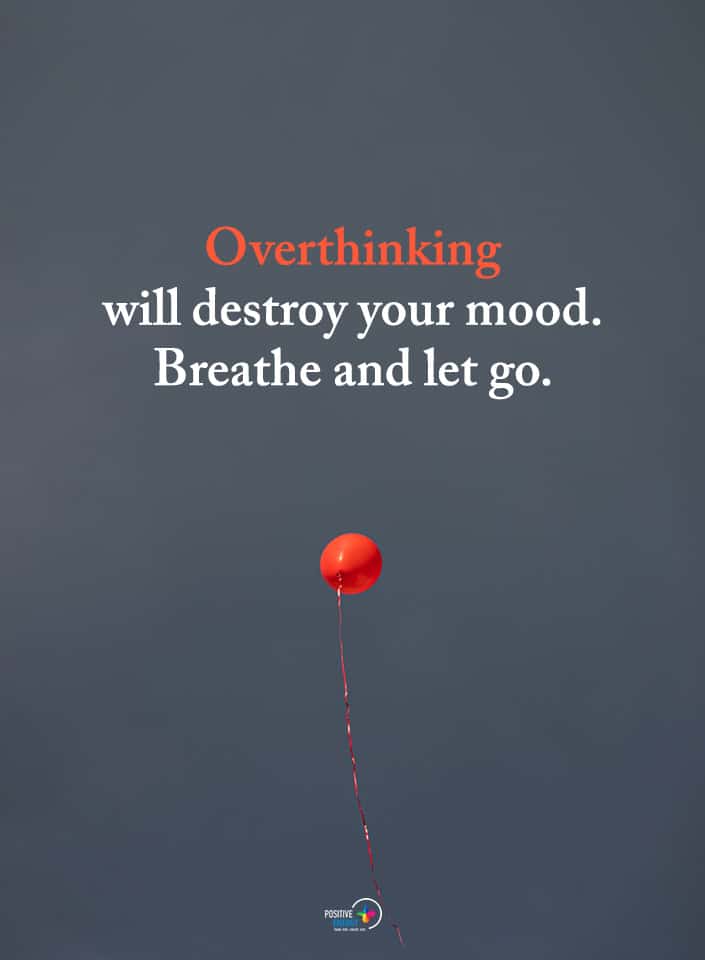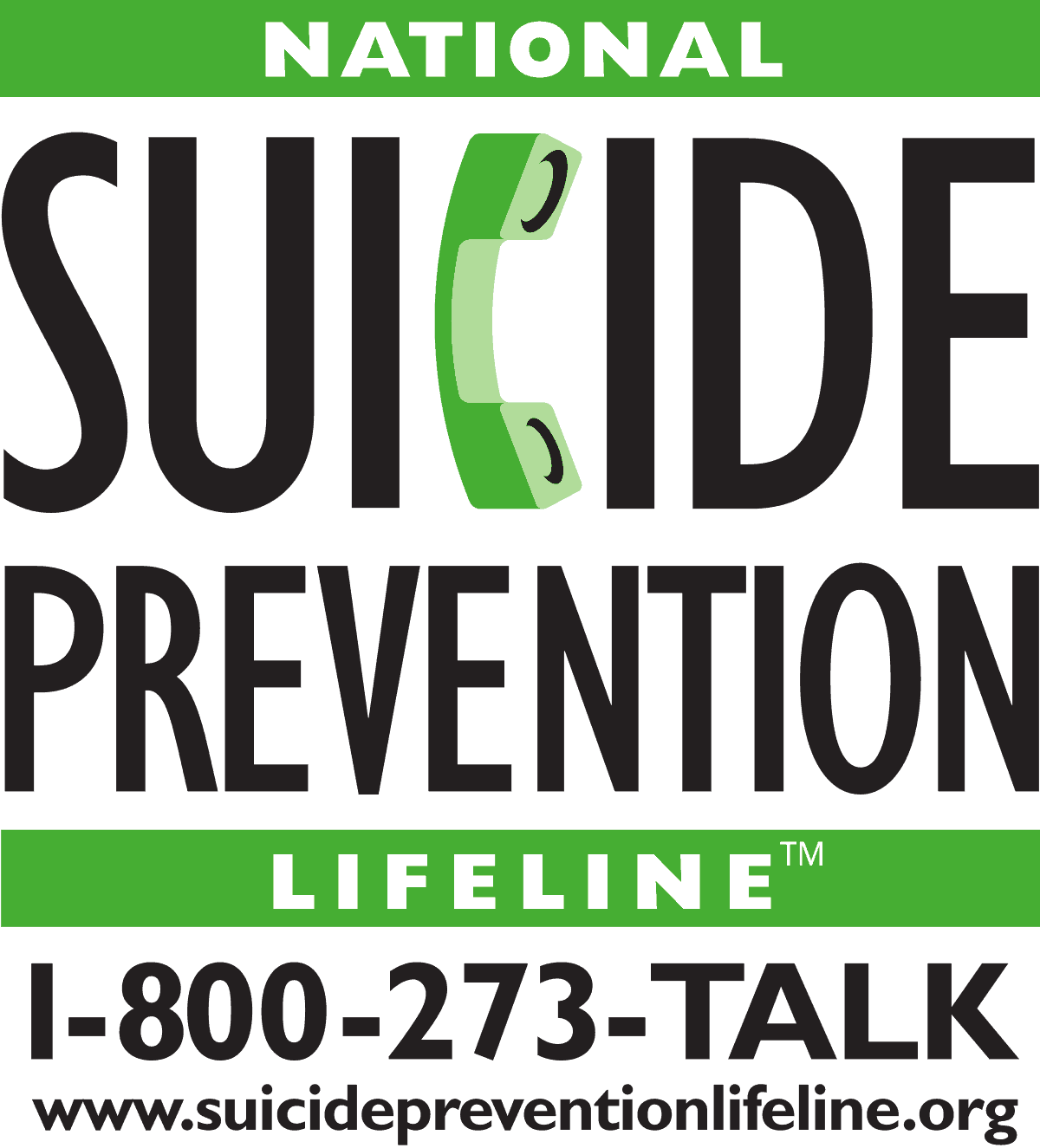Isn’t it nice to be by yourself for a while to relax and refocus your energy? Solitude can be welcomed when you are overwhelmed and need to shut out the world. However, be aware of these ten mental health outcomes that are caused by prolonged isolation.
1. Depression
If you’ve ever been alone for an extended period, you may have noticed how your internal dialogue can take a dark turn. When you have nobody to stimulate your mind with a conversation, your attention is turned inward. It’s easy to start ruminating and allow negative thoughts to dominate you, leading to depression.
Since one of the tell-tale signs of depression is gradual isolation from family and friends, it’s reasonable to see how separation itself can make you depressed. If left untreated, chronic depression can lead to a host of illnesses and diseases.
Avoid depression
Do you live alone or have been temporarily isolated for health reasons? You can avoid the smothering clutches of depression by staying as mentally and physically active as you can. Spend time walking outside every day and get some fresh air.
Read or listen to audiobooks on subjects that have always piqued your interests. Keep a reasonable schedule every day and refuse to stay in bed. Remember that it’s okay not to be okay sometimes, but you can’t remain in that frame of mind.
2. Suicidal Thoughts
If you follow the descending links of solitude, you’ll see how it can lead to being depressed with possible thoughts of suicide. Given the right circumstances and mental condition, anybody can contemplate taking their own life. Spending too much time alone and surrounding yourself with negative thoughts can drain anyone’s desire to live.
While it is reasonable to feel hopeless sometimes and wonder if your life has value, dwelling on suicide is a different story. It’s especially severe if you are contemplating ways you could do it. Mental health outcomes of prolonged loneliness often include suicidal thoughts, so you should seek medical attention immediately.
Get help right away!
Before you get to the point of suicidal ideation, realize that external circumstances like loneliness have nothing to do with your value as a person. One tool that can help you remember your worth is journaling. Your journal can be as simple or as elaborate as you wish, or you may choose to save it on your computer.
Concentrate on your good qualities and the strengths and talents you have. You can also keep a running list of the people and things that make you feel grateful. When you begin to feel lost and unworthy, review past entries in your journal and remember what a beautiful and valuable person you are.
3. Cardiovascular Disease
Did you know that the mental health outcomes of spending too much time alone can also affect your heart? The connections between prolonged solitude, depression, and stress are undeniable. When these issues are compounded, studies show that it can lead to cardiovascular disease like heart attacks or strokes.
Get up, get active!
Maintaining a healthy cardiovascular system requires attention to all aspects of your being: body, mind, and spirit. You can eat a heart-healthy diet every day even if you are alone. Get plenty of exercise and lower your stress levels. Your heart and the rest of your body will thank you.
4. Undue Stress
Without some form of stress, you would never learn, mature, or do anything in life. Indeed, life itself is tense. However, you may stagger under a load of stress that is unnecessary and can devastate you physically, mentally, and spiritually.
Because of your survival instincts to fight, flee, freeze, or faint, your brain doesn’t prioritize stress. It gives your body a boost of strength by dumping cortisol and adrenalin into your system. While this reflex serves you well in a dangerous situation, it’s detrimental to your health when you are perpetually stressed.
How you can alleviate this stress
You can never eliminate all stress from your life, but there are ways to minimize it. Even when you are isolated, try to go outdoors every day for fresh air. Yoga is also an ideal way to calm your nerves and strengthen your body. Don’t forget the many stress-relieving benefits of meditation and mindful breathing.
5. Dietary Changes
Since food is such an integral part of our culture and being, the mental health outcomes of solitude may affect your eating habits. Have you ever noticed that you often graze throughout the day out of habit or boredom? When was the last time you ate something just because you were feeling hunger pains?
When you’re by yourself and have nothing to do, you may snack on everything in sight due to depression and boredom. Such mindless eating can lead to weight gain, obesity, and dangerous health problems. The weight can sneak up on you without you even noticing it until you get on the scales.
Conversely, maybe you are one of those people who doesn’t enjoy dining alone, so you don’t bother fixing meals for yourself. Soon, skipping meals becomes a habit, and you lose weight and feel weaker by the day. Malnutrition is common among those who are alone too much.
Treat yourself to good eats
If you are alone for an extended period by choice or by circumstances, it’s important to maintain your usual routines, especially dietary ones. Avoid those comfort foods that are loaded with empty calories and aren’t good for your health. Instead, choose a variety of whole foods to prepare balanced meals and snacks.
6. Cognitive Decline
As with any part of your body, your brain needs nourishment and exercise for optimal health. Being alone for an extended period isn’t always conducive to challenging your mind.
If you sit in front of the television or spend hours ruminating about the past and your present situation, your brain cells can get lethargic and atrophy. It’s possible to experience a cognitive decline over time.
Engage your mind
Just because you are by yourself for a while doesn’t mean you’ve stopped thinking and living. Find ways each day to give your brain a good workout. Read, do crossword puzzles, or enjoy a hobby that requires thinking and creativity. The more active you keep your brain, the longer it will function properly throughout your life.
7. Personality Changes
The mental health outcomes of extended isolation can also include a gradual change in your personality, if not addressed. While you may not go to the extremes of Dr. Jekyll and Mr. Hyde, you may soon notice that your moods aren’t stable.
With the onset of depression, fear, and boredom, you may go from a happy person to one that’s irritable and miserable. This change can be so gradual that you may not notice it. When your personality takes on a constant negative role, friends and loved ones might avoid you. Such a downward spiral can only bring on more isolation.
Practice affirming your self-worth
You might not have the ability to change your situation now, but you can control how you cope with it. Refuse to let negative self-talk take over your mind by surrounding yourself with positive activities and attitudes. Your personality may evolve with time and experience, but never lose track of the fundamental things that make you who you are.
8. Developing Bad Habits
If you have a few vices or habits that aren’t so good for you, you’re not alone. Anyone who says they’re free of bad habits should work on being truthful.
When you are around other people who make you accountable for your actions, it’s easier to trade bad habits for healthier ones. When nobody is around, you may no longer resist the urge to light up another smoke or eat a whole box of snack cakes.
Perhaps you think that if nobody cares, why should you? Unfortunately, mental health outcomes of loneliness can lead to such skewed thinking.
Overcome your poor habits
It takes a long time to develop a bad habit, so don’t expect to kick it overnight. Some habits, like nail-biting, take a little attention and determination. Other habits like smoking, alcoholism, and gambling, may require psychological intervention. A mental health provider can help you build coping skills and develop good habits.
9. Affecting the Immune System
Did you know that an overabundance of stress hormones can weaken your immune system? Some research suggests that prolonged isolation can play a part in immunity suppression. If you are chronically stressed and fatigued due to loneliness, you are more prone to sickness and disease.
Supplementation for immune support
Keep your immune system in tip-top shape with diet, exercise, and a healthy lifestyle. Be sure to get adequate sleep and eat fruits and vegetables high in vitamins and minerals. Talk to your primary healthcare provider about vitamin and herbal supplements that can help your immune system.
10. Premature Aging
Not even the best cosmetic surgeon can stop the aging process. However, the mental health outcomes of staying alone too much can hasten it. Have you ever seen people who looked much older than they are because they are lonely and caught up in depression?
Prioritize self-care time each day
Your skin needs proper care and nourishment at any age, whether you are alone or not. Experts recommend that you eat whole foods rich in antioxidants and drink plenty of water to stay hydrated. Treat your skin to nourishing creams and lotions to keep it supple, moisturized, and beautiful.
Final Thoughts on Reaching Positive Mental Health Outcomes Regardless of Feeling Isolated
Humans were meant to be social creatures for a reason. If you’ve been isolated for extended periods, take notice of these mental health outcomes. Don’t let loneliness compromise your well-being.

















 Community
Community

